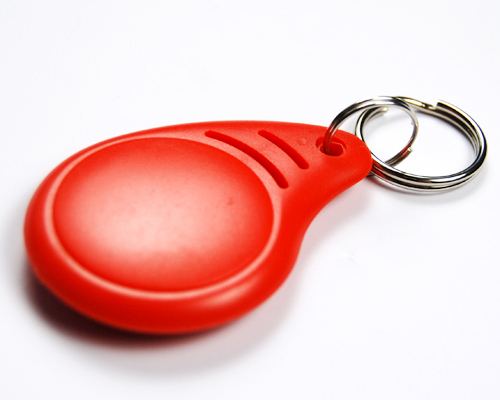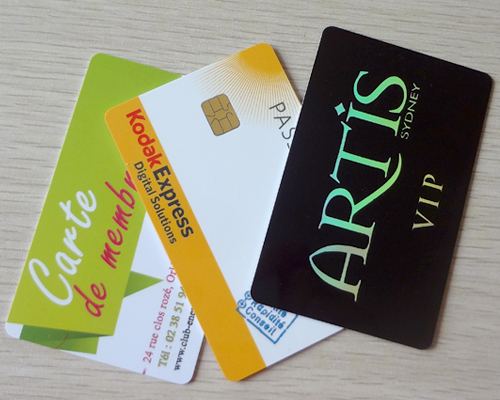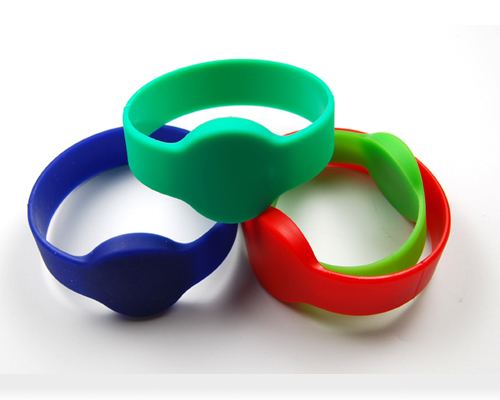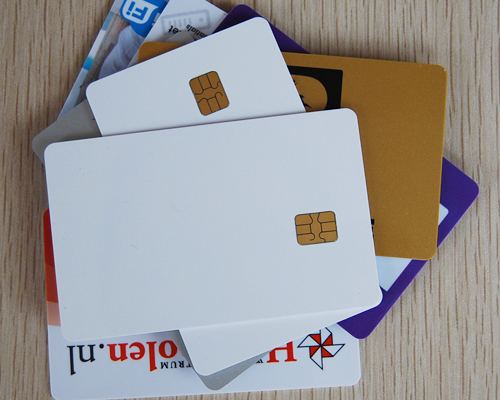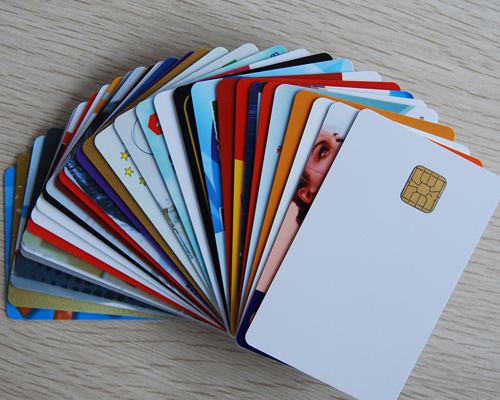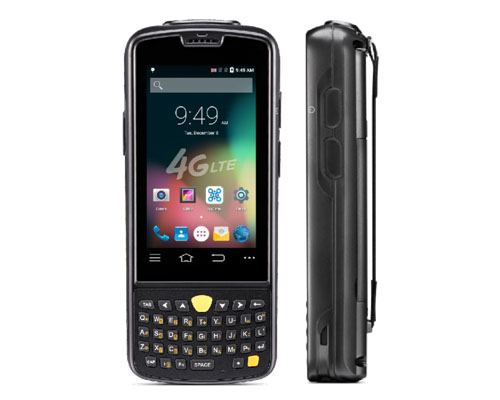It should be recalled, in this regard, that a time slot is a function of frequency for the ISO 18000-3 is approximately 300 ms to about 100 ms UHF bands. This performance increase translates into a greater number of readings in time, then greater certainty of the readings.
For some time, the big chip card makers are pushing EPC protocol, but has been designed to take advantage of UHF technology. But Philips has broken this bond.
Philips has developed a new concept of tags, called ICODE UID-, which uses the EPC protocol but it works on the frequency of 13.56 MHz, thus combining the advantages of both technologies. In addition, in response to concerns about privacy, Philips has provided these tags in a power-off feature (more commonly known as "kill"). This feature is the ability to enter a code in a memory area, subsequently no longer editable, once sent to the chip off the tag for good. The safe operation of the system deactivation of the tag is tied to the logic implementation of the same by the system integrator (if using a 00000 code to deactivate the tag, for example, anyone could turn them off as happened in this case). The function, however, allows the privacy of users as required by the guarantor.
This class chip, which provides a simple and effective solution to protect your privacy, offer considerable prospects for the use of RFID technology within consumer. The other positive note is the relatively low cost compared to other chip ISO15693 or ISO14443. It should be noted that these chips can only contain 196 bits of memory, compared to 2 Kbit chip from Texas Instruments, but the rest of the field of application for which they were born, or the logistics business-to-business and business-to-consumer does not require the storage of large amounts of data.
You may wonder why of course talking about a technology that is not used in Italy. Simple: as the first news of the year we find that the chip Philips ICODE UID-compatible with the frequencies 13.56 MHz, so it can be used freely in our country.

